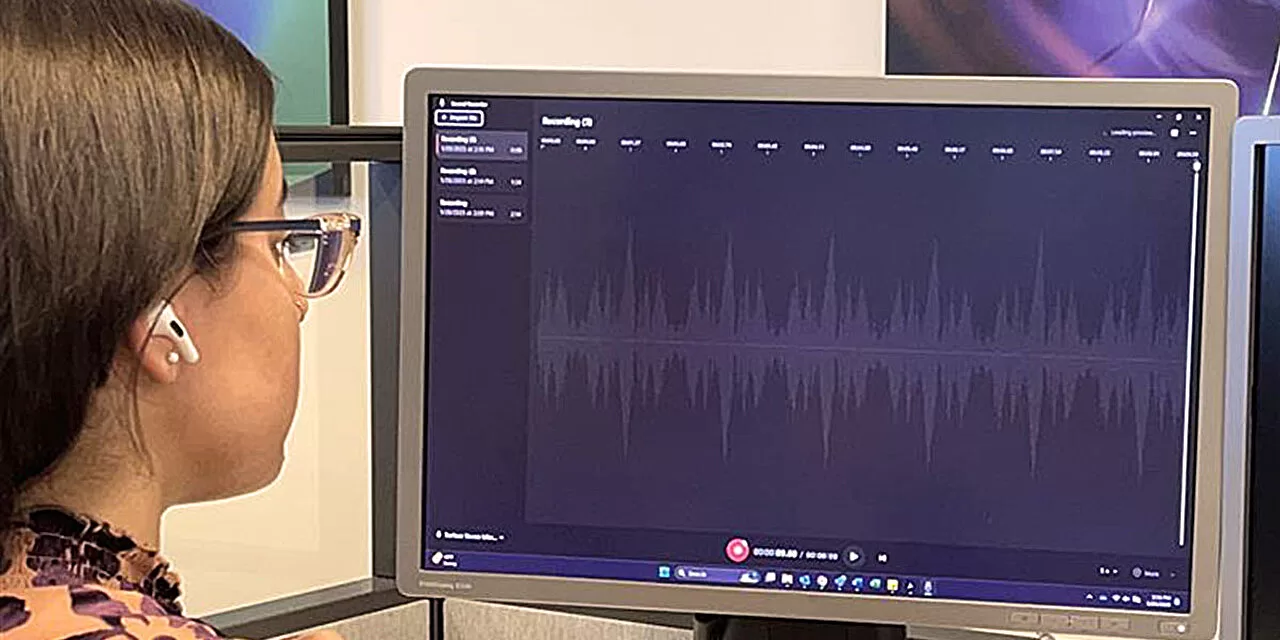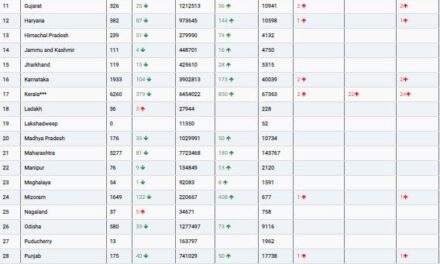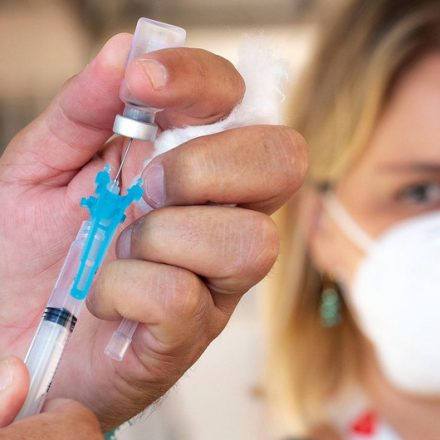A groundbreaking study published in JASA Express Letters has demonstrated that automated voice analysis can diagnose anxiety disorders (AD) and major depressive disorder (MDD) in just one minute. This innovative approach could revolutionize mental health screening, particularly in the United States, where the prevalence of these conditions remains alarmingly high.
Addressing a Growing Mental Health Crisis
The mental health crisis in the U.S. has been exacerbated in recent years, with 8.3% of adults experiencing MDD and 19.1% struggling with AD as of 2021. Despite these high numbers, barriers such as stigma, cost, and limited access to healthcare contribute to low diagnosis and treatment rates—only 36.9% for AD and 61.0% for MDD.
Automated screening tools present a promising solution to these challenges. Researchers from the University of Illinois Urbana-Champaign, University of Illinois College of Medicine Peoria, and Southern Illinois University School of Medicine have developed machine learning algorithms capable of detecting comorbid AD/MDD through acoustic voice signals.
How the Technology Works
The study was inspired by previous findings indicating that voice patterns can reflect various psychiatric and neurological conditions. “Individuals with anxiety and depression often face delays in diagnosis and treatment. Our research builds on evidence that voice signals can reveal key psychiatric markers,” explained lead researcher Mary Pietrowicz.
Participants—female individuals with and without comorbid AD/MDD—were recorded via a secure telehealth platform while performing a one-minute semantic verbal fluency test (VFT), in which they named as many animals as possible within a set time limit. The researchers then extracted phonemic and acoustic features from the recordings, applying machine learning techniques to identify those with AD/MDD.
Promising Results and Future Implications
Findings showed that participants with AD/MDD tended to use simpler words, had less variability in phonemic word length, and exhibited reduced phonemic similarity. These distinct acoustic markers suggest that a brief voice-based test could reliably screen for mental health conditions, potentially streamlining the diagnostic process.
While the results are promising, Pietrowicz and her team emphasize that further research is necessary to refine the model and expand the dataset. “Our next steps involve increasing the scale and diversity of the data while enhancing model accuracy to better understand the underlying biological mechanisms,” she said.
A Step Toward Accessible Mental Health Care
This advancement in voice-based diagnostics could pave the way for more accessible, cost-effective mental health screening, especially for individuals who face barriers to traditional psychiatric evaluation. However, the researchers stress that the tool is not yet a substitute for professional diagnosis and treatment.
Disclaimer
This study represents an early-stage exploration of automated mental health screening. The findings should not be used as a standalone diagnostic tool but rather as a potential aid in mental health assessment. Individuals experiencing mental health concerns should seek professional medical advice from licensed practitioners.
For more details, the full study can be accessed in JASA Express Letters (2025) under DOI: 10.1121/10.0034851.











